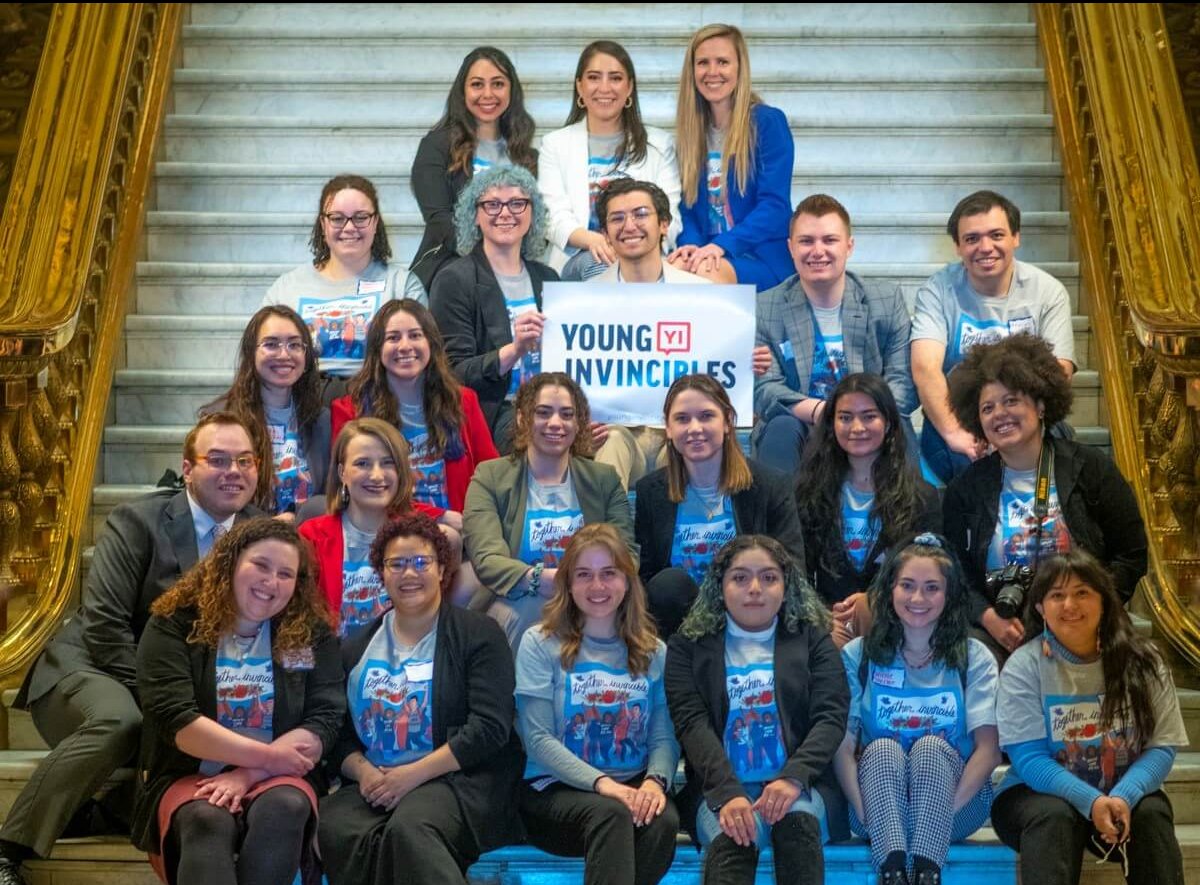While approximately 63 percent of young people in Colorado, ages 18-29, voted in the 2020 presidential election, youth participation in mid-term and off-year elections continues to lag behind other age groups. In Colorado’s 2022 primary election, only 4.3 percent of the ballots cast were from Coloradans age 24 or younger.
Barriers such as inadequate voter education and additional obstacles hinder an otherwise civically engaged youth population from participating in the democratic process. When more—and more diverse—young people are politically engaged earlier in life, they are more likely to remain engaged in the future.
Voting gives citizens a voice and greater proximity to the systems of governance that affect their daily lives, and the ballot is a powerful tool for advancing empowerment, belonging and representation. Rose Community Foundation recently awarded grants to organizations advancing nonpartisan voter participation and turnout among historically disenfranchised populations ahead of the Colorado general election to help build a base for strong and inclusive civic engagement in the region.
One such nonprofit, Young Invincibles, aims to amplify the voice of young people in the political process. Young Invincibles’ Young Advocates Program empowers young adults to advocate for policies that prioritize the needs of their peers. Young Advocates work with staff to amplify the voices of young people in issues that matter to them, including health care, higher education and economic security.
“Our experience has shown us that when young people are educated about why voting matters and are given the information they need to make informed decisions, they do,” says Kyra deGruy Kennedy, Rocky Mountain director of Young Invincibles. “Funding from Rose Community Foundation helps us increase voter participation, education and engagement on college campuses.”
Another obstacle for organizations is the increasing sentiment among young voters that their “political involvement rarely has tangible results” and that their vote “doesn’t make a difference.” Metropolitan State University (MSU) is working to combat this through their Voter Engagement Student Ambassadors program, where volunteers work to educate college-aged youth on the impact of their vote.
“We have the opportunity to build a group of student ambassadors who are connecting with MSU students and the larger Denver community through civic engagement conversations and events,” says Amanda Malachowski, director of development at MSU. “Students engaging with students provides for powerful learning across our campus and beyond.”
BIPOC youth face additional and unique barriers to participation. New Era Colorado engages diverse young voters through multi-issue organizing, voter registration, turnout and leadership development, and also advocates for policies that improve voting access for young voters of color.
“New Era is dedicated to engaging young people in the political process, particularly exercising the right to vote to drive change in their own communities,” said Camila Navarrette, communications director at New Era Colorado. “We’re reaching out to 30,000 young people across the Denver area to draw connections between voting and driving progress on the issues they care about. People in power don’t always listen to young people, especially when they’re Black or brown. It’s critical to make sure more voices are not only heard but listened to.”
Learn more about all the nonpartisan voter engagement and participation grantees here. Rose Community Foundation’s 2022 ballot guide is also available to inform stakeholders about the mission-relevant impacts of some of the measures that Colorado voters will consider this November.
